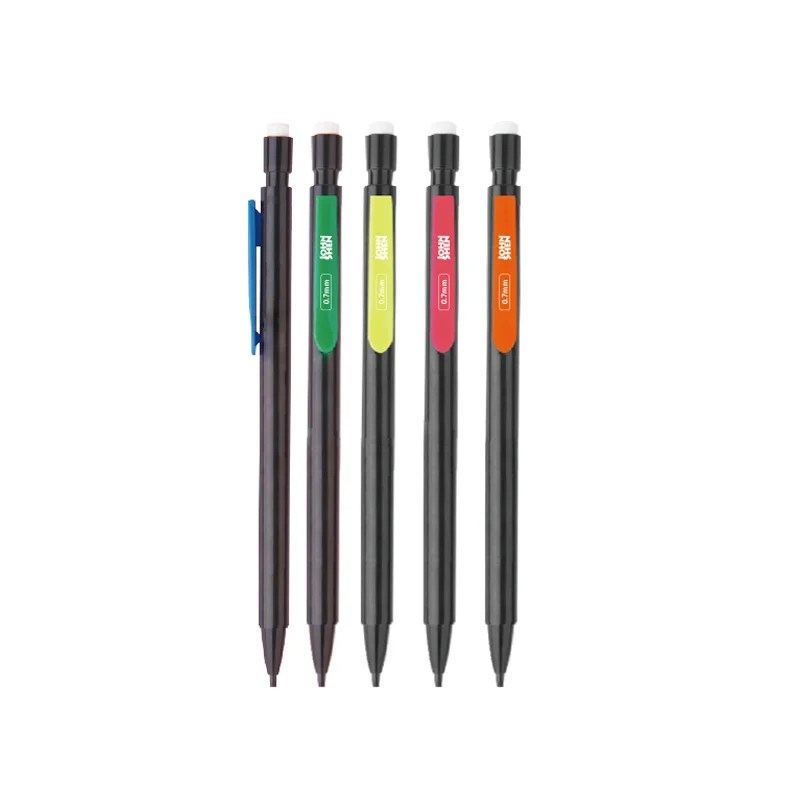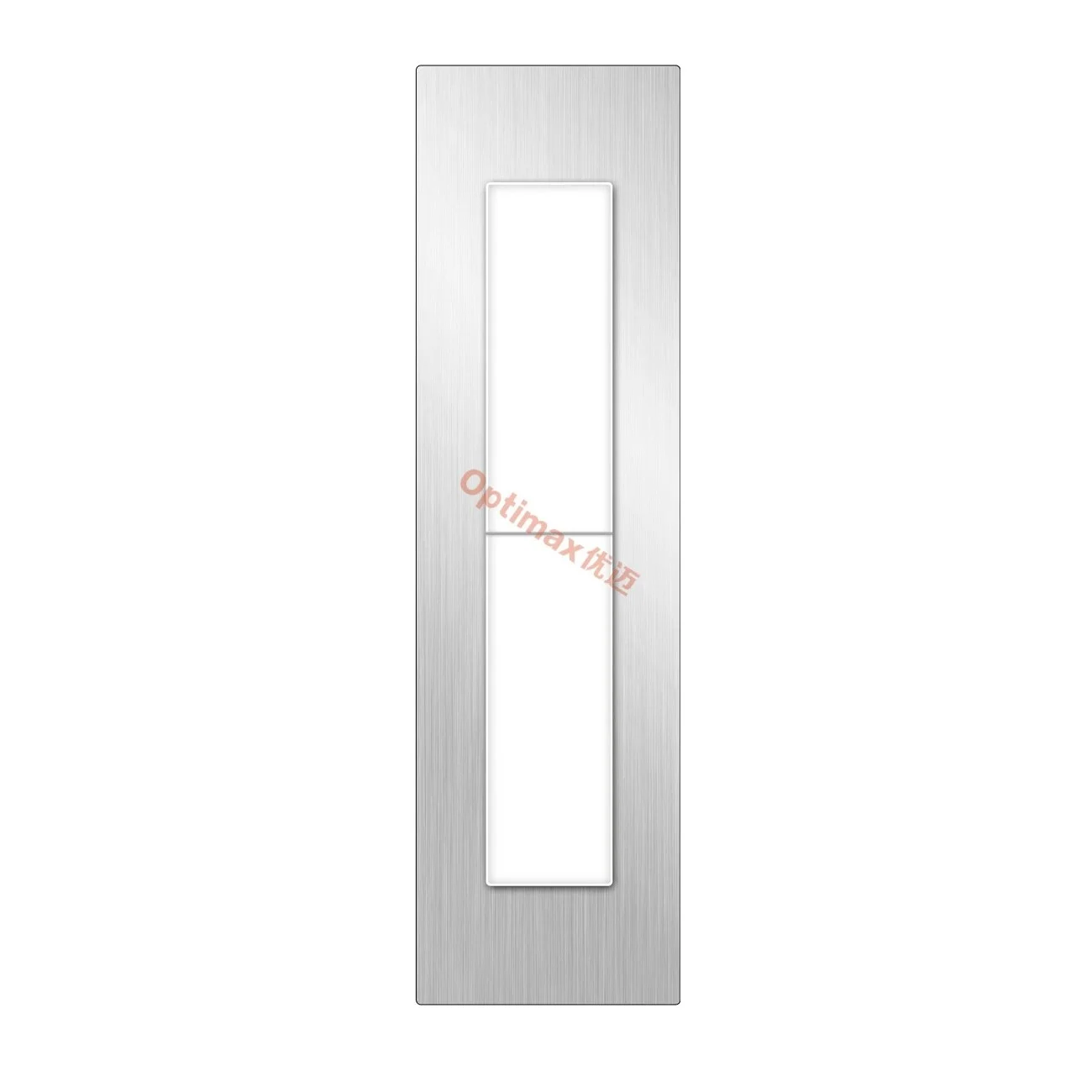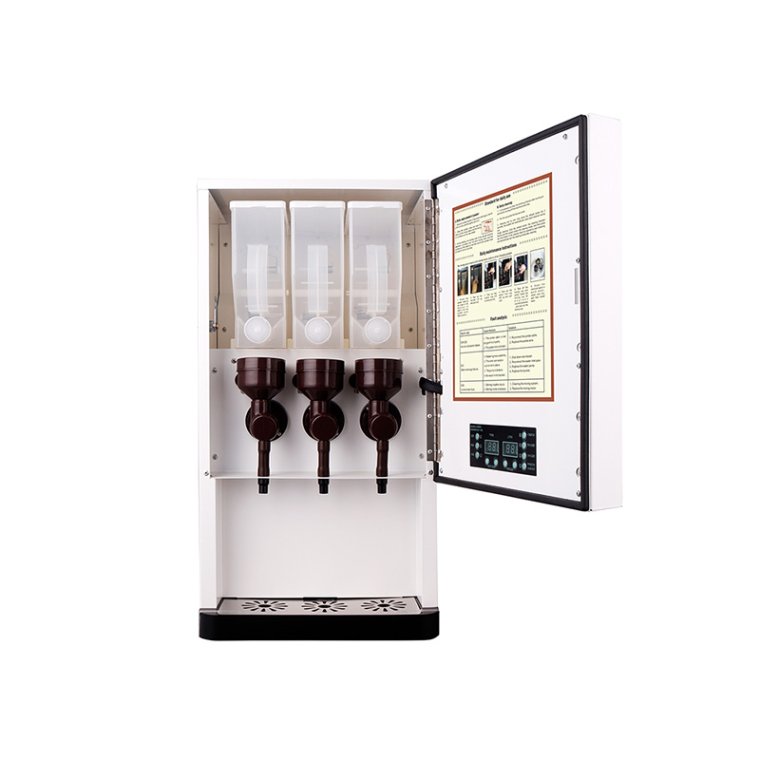When it comes to selecting the right pair of sunglasses, the color of the lenses is often overlooked in favor of style or brand. However, the color of your sunglasses can significantly impact not only your aesthetic but also your visual comfort and protection. This comprehensive guide will delve into the factors you should consider when asking yourself, How do I know what color sunglasses to get?
Understanding Lens Colors and Their Functions
Sunglass lenses come in a variety of colors, each serving different purposes. Understanding these functions is crucial for making an informed choice.
- Gray Lenses:
- Benefits: Gray lenses are neutral and reduce overall brightness without distorting colors. They are ideal for driving and outdoor activities where true color perception is essential.
- Best For: Individuals who spend a lot of time outdoors, especially in bright sunlight.
- Brown/Amber Lenses:
- Benefits: These lenses enhance contrast and depth perception, making them excellent for variable light conditions. They filter out blue light, which can cause glare.
- Best For: Sports enthusiasts and those who engage in activities like hiking or fishing.
- Green Lenses:
- Benefits: Green lenses provide good contrast while reducing glare. They are versatile and can be used in various lighting conditions.
- Best For: Those looking for a balance between color accuracy and glare reduction.
- Yellow/Gold Lenses:
- Benefits: Yellow lenses enhance contrast and depth perception in low-light conditions. They are particularly effective in foggy or overcast weather.
- Best For: Skiers, cyclists, and anyone who frequently navigates in low-light environments.
- Blue/Purple Lenses:
- Benefits: These lenses are more about style than functionality. They can reduce glare but may distort colors slightly.
- Best For: Fashion-forward individuals looking to make a statement.
Factors to Consider When Choosing Lens Color
When deciding on the color of your sunglasses, several factors come into play:
- Purpose of Use:
- Consider where and how you will be using your sunglasses. For instance, if you are primarily driving, gray lenses may be your best bet. If you are an outdoor sports enthusiast, brown or amber lenses might be more suitable.
- Skin Tone and Personal Style:
- Your skin tone can influence how certain lens colors look on you. Warmer skin tones often pair well with brown or amber lenses, while cooler skin tones may look better with gray or green lenses. Additionally, consider your personal style and wardrobe; choose a lens color that complements your overall aesthetic.
- Light Conditions:
- Think about the environments in which you will be wearing your sunglasses. If you frequently find yourself in bright sunlight, darker lenses may be more appropriate. Conversely, if you often find yourself in shaded or cloudy conditions, lighter lenses may suffice.
- Lens Coatings:
- Beyond color, consider additional lens coatings that can enhance performance. Polarized lenses reduce glare from reflective surfaces, while photochromic lenses adjust to changing light conditions. These features can significantly enhance your visual experience.
Testing and Trying Out Sunglasses
Before making a purchase, it’s essential to try on different lens colors. Here are some tips for testing:
- Natural Light: Always test sunglasses in natural light to get an accurate sense of how the lens color affects your vision.
- Contrast and Clarity: Pay attention to how well you can see details and colors with each lens color. This will help you determine which color enhances your vision best.
- Comfort: Ensure that the sunglasses fit well and feel comfortable on your face. The right fit will enhance your overall experience.
Conclusion
Choosing the right color of sunglasses is not merely a matter of personal preference; it involves understanding the functional benefits of each lens color, considering your lifestyle, and testing various options. By taking the time to evaluate these factors, you can find a pair of sunglasses that not only complements your style but also enhances your visual comfort and protection. So, the next time you ask yourself, How do I know what color sunglasses to get? remember to consider the purpose, your personal style, and the conditions in which you will be wearing them. Happy shopping!



